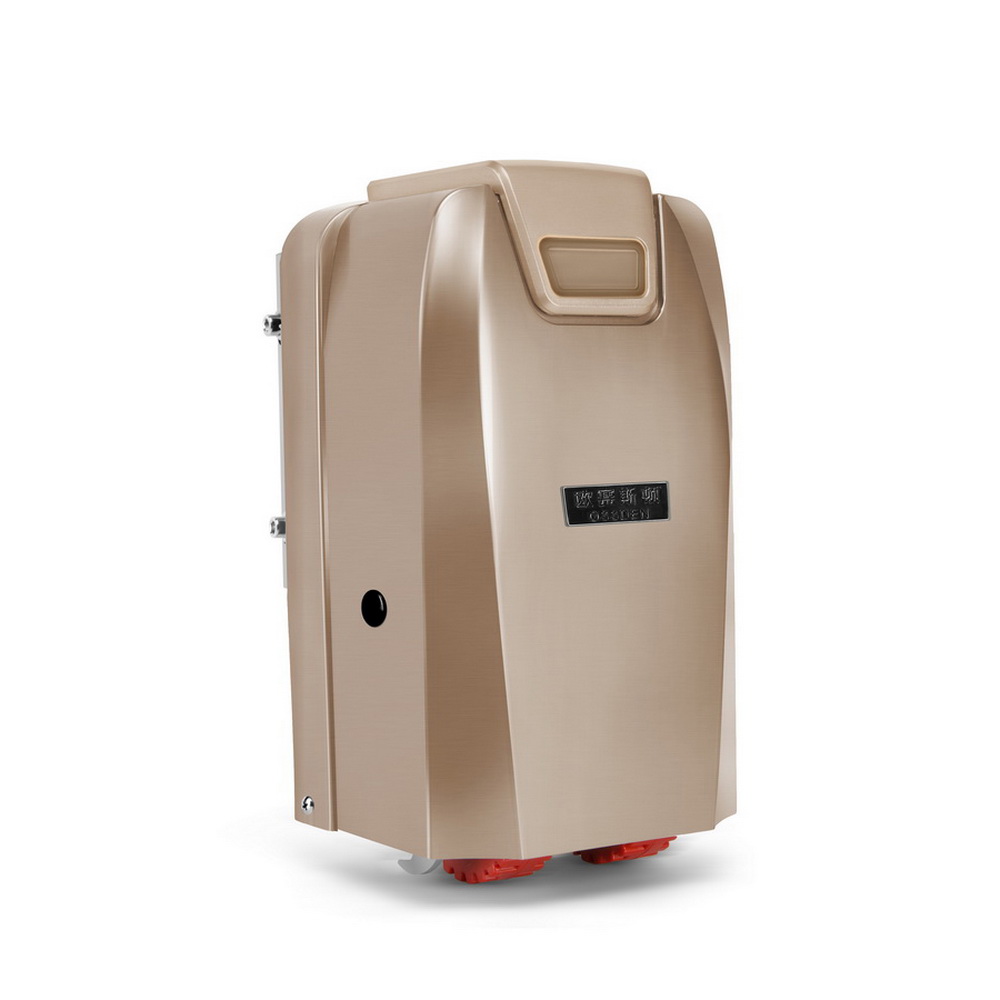Can a roller swing gate opener be installed as a DIY project or is professional installation recommended?
Automated gate systems, such as roller swing gate openers, have become increasingly popular among homeowners seeking enhanced security and convenience. With the availability of DIY tutorials and guides, many individuals consider installing these gate openers themselves to save on installation costs. However, it's essential to weigh the pros and cons before deciding whether a roller swing gate opener can be a DIY project or if professional installation is recommended. In this article, we'll explore the factors to consider when making this decision.

DIY Installation: Pros and Cons
1. Cost Savings: One of the primary reasons individuals opt for DIY installation is to save money on professional installation fees.
2. Hands-on Experience: DIY installations can be a rewarding experience, allowing homeowners to gain a better understanding of their gate opener and access control system.
3. Flexibility: DIY projects offer the flexibility to work at your own pace and schedule.
4. Learning Opportunity: Installing a roller swing gate opener DIY-style provides an opportunity to learn new skills and gain confidence in handling home improvement projects.
However, DIY installations come with certain challenges and risks:
1. Technical Expertise: Installing a gate opener requires technical expertise and knowledge of electrical systems, gate mechanisms, and access control. Inadequate skills can lead to improper installation and potential safety hazards.
2. Warranty Concerns: Some manufacturers require professional installation for their products to maintain the warranty. DIY installation may void the warranty, leaving the homeowner liable for repairs and replacements.
3. Time-consuming: DIY projects can be time-consuming, especially for those without prior experience in gate opener installation.
4. Safety Risks: Gate openers involve electrical components and moving parts, which can pose safety risks if not installed correctly.
Professional Installation: Pros and Cons
1. Expertise: Professional installers have the necessary training and experience to handle gate opener installations efficiently and safely.
2. Warranty Assurance: Most manufacturers recommend professional installation to maintain the warranty coverage.
3. Safety and Compliance: Professional installers adhere to safety standards and local building codes, ensuring a safe and compliant installation.
4. Time-saving: Professional installers can complete the project quickly, saving homeowners valuable time and effort.
On the downside:
1. Cost: Professional installation can come with additional costs, including labor fees.
2. Limited Flexibility: Scheduling the installation may require coordination with the installer's availability.
Conclusion
Deciding whether to install a roller swing gate opener as a DIY project or opt for professional installation depends on the homeowner's technical skills, experience, and willingness to take on the task. While DIY installation offers cost savings and a learning opportunity, it can be challenging and potentially risky without proper expertise. On the other hand, professional installation ensures a safe, efficient, and warranty-compliant setup, but comes with additional costs. Ultimately, homeowners must carefully consider their capabilities and make an informed decision that prioritizes safety, efficiency, and long-term reliability for their automated gate system. If unsure, consulting a professional installer or gate specialist can provide valuable insights and guidance for a successful installation process.





